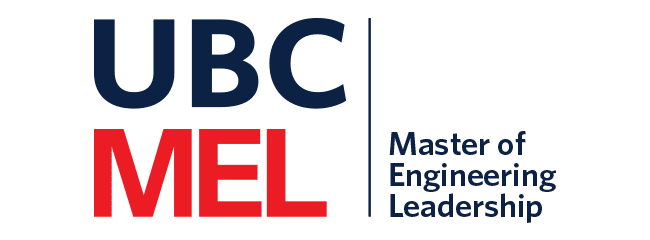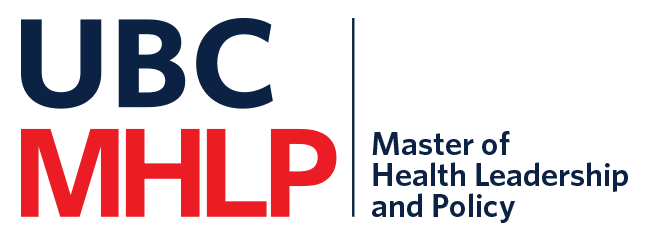
Becoming a cross-silo leader

In today’s increasingly interconnected work environments, leaders are expected to work confidently across subject areas and organizational functions. Whether you’re managing a complex project, developing an innovative technological solution, or overseeing a significant change management process, you’re more likely to succeed when you can work across traditional subject-matter silos.
Unfortunately, most graduate programs and organizational structures still reinforce silos, encouraging people to develop niche expertise. That’s to the detriment of both individual and organizational success, say the authors of the article “Cross-Silo Leadership” published by the Harvard Business Review.
The article’s authors outline the growing demand for cross-silo leaders who can bridge the divide of traditional functions and areas of expertise: “As innovation hinges more and more on interdisciplinary cooperation, digitalization transforms business at a breakneck pace, and globalization increasingly requires people to work across national borders, the demand for executives who can lead projects at interfaces keeps rising.”
The authors call these professionals “cultural brokers” – individuals who are able to promote cross-boundary work “by acting as a bridge or as an adhesive.” These professionals have knowledge and skills in multiple areas and can help others understand different viewpoints. In essence, they act as translators, helping technical teams understand business constraints and vice versa. They also work as the organization’s glue, using their multidisciplinary knowledge and interpersonal skills to connect groups from different organizational functions to build rapport and work more efficiently towards a common goal.
The Master of Engineering Leadership (MEL) and Master of Health Leadership and Policy (MHLP) were specifically created to develop leaders with these cross-silo skills and attributes.
With differentiated cross-sector specializations, the MEL and MHLP offer graduate-level courses through the Faculty of Applied Science that provide a broad, cross-disciplinary perspective on industry issues. Graduate-level business classes taught through UBC’s Robert H. Lee Graduate School of Business provide a foundation in strategy, management and leadership. Students gain a solid grounding in the latest research and best practices through case studies, collaborative hands-on learning and industry-driven projects.
This interdisciplinary education enables MEL and MHLP alumni to move into positions of responsibility and confidently oversee cross-disciplinary teams.
“There are typically two pathways when choosing a graduate degree – becoming a technical expert through a master of engineering program or focusing on business through an MBA,” says Connor Maloney, a graduate of the Naval Architecture and Marine Engineering program who is an assistant project manager at Irving Shipbuilding.
“In today’s climate and with the challenges organizations face, I think having a broad understanding across both is key. When you’re managing a team or leading a project, you really need to be able to speak the lingo of everyone’s specialty if you want to influence the team to get the result you’re after.”
For Stephanie Dalo, a graduate of the Urban Systems program, the MEL explicitly encouraged her to think beyond disciplinary silos, something that has been crucial in her work as a sustainability design engineer.
“It can be easy to get pigeonholed into certain kinds of work, certain ways of thinking,” she says. “The technical courses were very good at encouraging us to see the interconnects and overlaps in how systems are connected. When you understand both the individual parts and the whole, you can design better and more sustainable projects.”
Laura Frisby, a graduate of the MHLP in Seniors Care had a similar experience. She says her program’s collaborative group learning environment equipped her to work on cross-silo teams in her role as the acting regional palliative lead at Vancouver Coastal Health.
“Working in groups with people from such a variety of professional backgrounds exposed me to the different ways people think and their differing priorities and concerns,” she says. “I’ve adapted this in my work – making certain, for example, that when I’m speaking with leaders from different disciplines that I present them with the information that’s most relevant to them.”
With their combination of technical and business courses and emphasis on cross-disciplinary collaboration, the MEL and MHLP give students the skills to lead multidisciplinary projects and teams – becoming the cross-silo leaders who are increasingly key to organizational success.
Application Deadlines
The online application portal for the January 2025 has closed.
Get ready to apply!
Admissions for the 2026 intake will open on January 1, 2025.
How to ApplyJoin us for an
Info Session
Sign up for our latest online information sessions and discover what our programs have to offer.
Sign Up NowAssess your Eligibility
Determine if your professional experience and academic background make you a fit for your desired program.
Start AssessmentApplicant Guide
Navigate the application process with ease!
Sign up to receive tailored instructions and a detailed guide directly to your email.
Sign up
